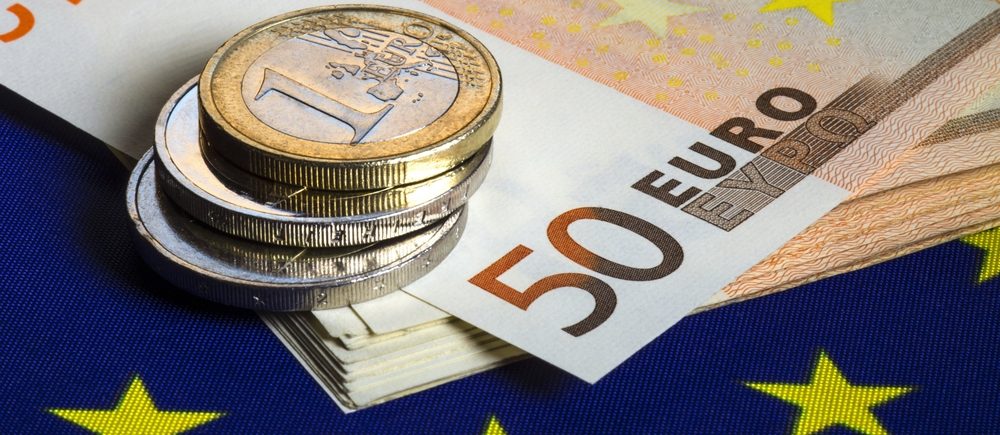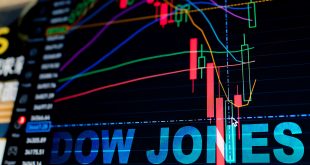Inflation in the Eurozone climbed to a rate of 5% in December, the highest level since the single Euro currency was created.
Inflation in the Eurozone climbed to a rate of 5% in December, the highest level since the single European currency was created. According to the latest figures from Eurostat, the Euro area annual inflation rate rose from 4.9% in November thanks to soaring energy and food prices.
In the wider European Union (EU), prices rose by 5.3% in the year to December. Energy prices were the biggest factor in the rise, surging a staggering 25.9% year-on-year as gas and electric bills hit households, while food, alcohol and tobacco was up 3.2%. Industrial goods prices also rose 2.9% over the 12 months, and services went up 2.4%, the data showed.
The countries with the lowest annual rates were registered in Malta (2.6%), Portugal (2.8%) and Finland (3.2%), while those with highest were recorded in Estonia (12.0%), Lithuania (10.7%) and Poland (8.0%).
The European Central Bank president Christine Lagarde sought to quell fears, stating that Eurozone inflation will decrease gradually over the year as energy prices and supply bottlenecks are expected to ease. “This will stabilize and ease gradually in the course of 2022,” she told France Inter radio on Thursday.
“The cycle of the economic recovery in the US is ahead of that in Europe. We thus have every reason not to act as rapidly and as brutally that one can imagine the Fed would do,” she said, adding that inflation, too, was higher in the US. “But we have started to react and we obviously are standing ready, to react by monetary policy measures if the figures, the data, the facts demand it,” she said.
However, on Wednesday, Bank of England (BoE) governor Andrew Bailey warned the opposite, cautioning that UK inflation pressures may last longer than initially thought.
The economist told the Treasury Select Committee that financial markets do not expect energy prices to start easing back until the second half of 2023.

Eurozone
 Noor Trends News, Technical Analysis, Educational Tools and Recommendations
Noor Trends News, Technical Analysis, Educational Tools and Recommendations




